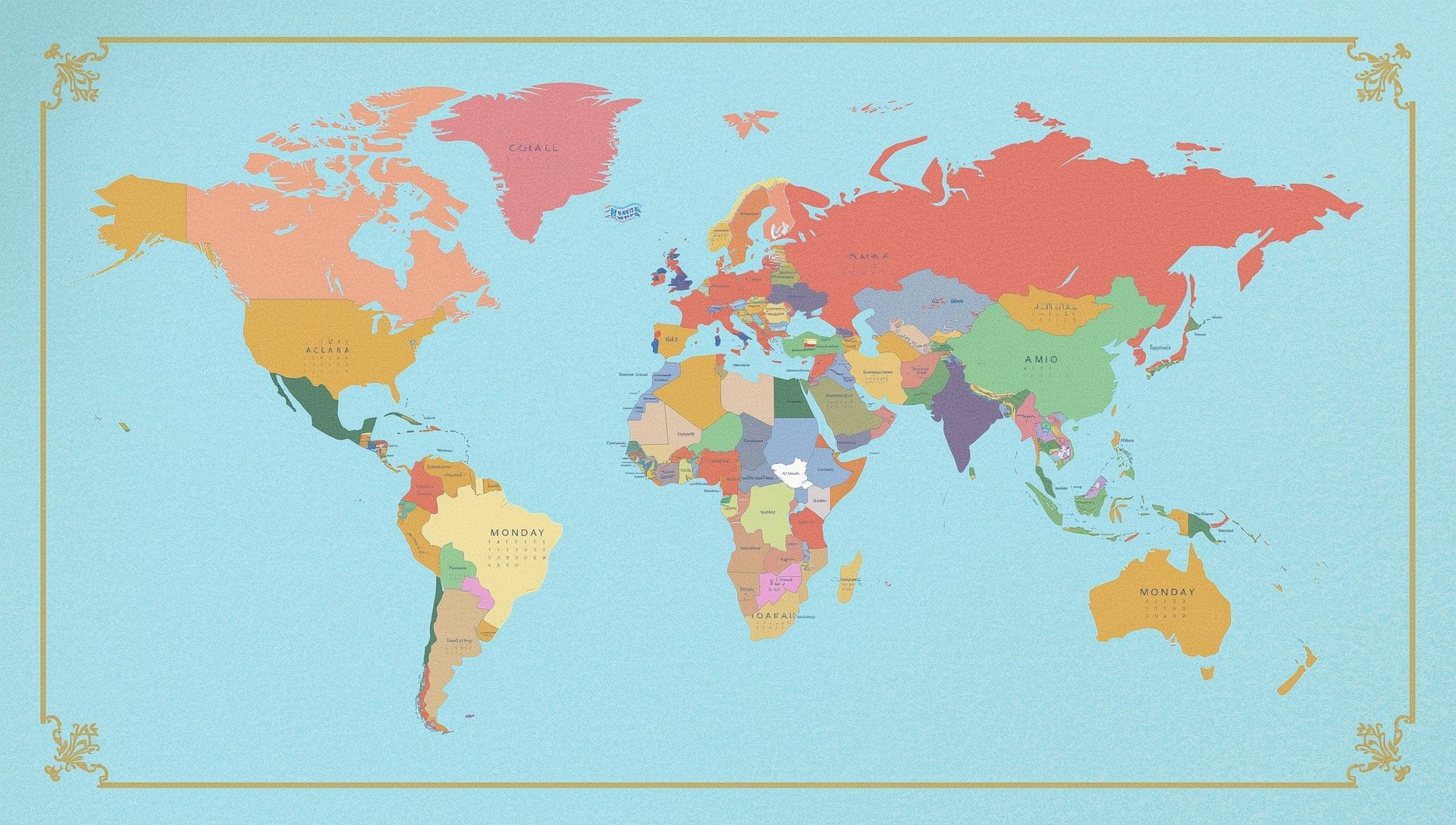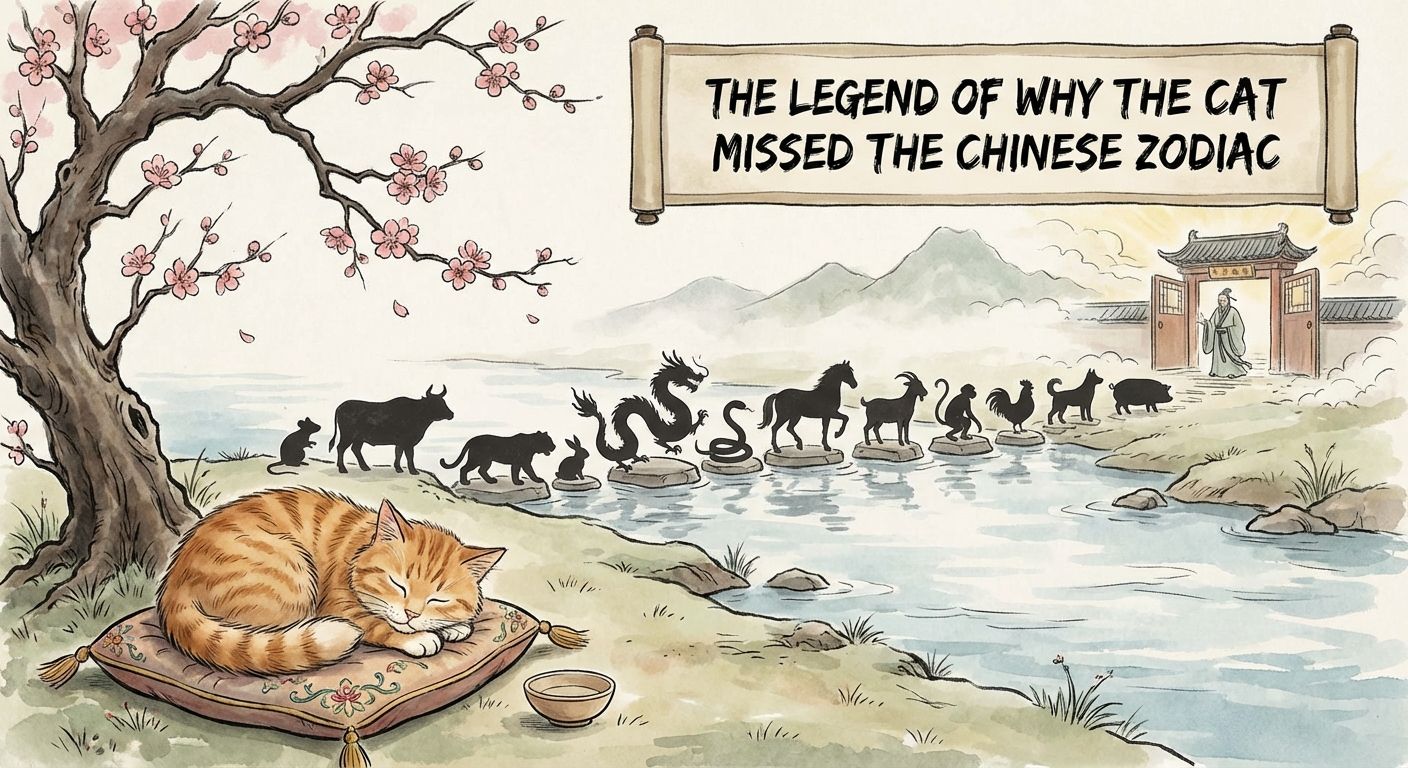When January begins, you might assume that the first week of the year starts immediately on January 1. However, that is not always true. Different countries follow different rules for defining the first week of the year. These rules affect how dates are numbered, how weeks are tracked in calendars, and how international teams schedule events. What looks like a simple calendar detail can change how we think about time and coordination worldwide.
- The definition of a year’s first week varies by country and organization.
- Many nations follow the ISO 8601 standard, where Week 1 is the week containing the first Thursday of January.
- Some countries count the week that includes January 1 as the first week instead.
- Knowing these differences is vital for global planning, reporting, and digital scheduling tools like calendar systems.
Why Week Numbers Matter
Week numbers are used in business reports, school schedules, payroll systems, and international planning. They make it easier to reference time periods without relying on specific dates. For instance, a company may plan a product launch for Week 10 instead of March 4 to ensure clarity across time zones and languages.
However, the start of Week 1 can differ depending on the calendar system used. These differences can cause confusion when sharing timelines across countries, especially when digital tools automatically apply local definitions.
How the ISO Week System Works
Many countries, especially in Europe, follow the ISO 8601 standard for week numbering. According to this system, each week starts on a Monday, and Week 1 is defined as the week that contains the first Thursday of January. This means Week 1 can begin as early as December 29 or as late as January 4.
This standard creates consistency, ensuring that every year has either 52 or 53 numbered weeks. It also aligns the first week with the majority of the working week, since Monday is the most common starting day for business calendars.
| Year | January 1 | ISO Week 1 Start | Note |
|---|---|---|---|
| 2023 | Sunday | Monday, January 2 | Week 1 starts after New Year’s Day |
| 2024 | Monday | Monday, January 1 | Week 1 begins on the first day of the year |
| 2025 | Wednesday | Monday, December 30, 2024 | Week 1 includes the first Thursday of January |
This system works well for international organizations, logistics networks, and government operations that require standardized reporting. Many digital calendars default to ISO week numbering but allow users to switch formats.
Countries That Follow ISO 8601
The ISO week date system is widely adopted in Europe and parts of Asia. The countries that use this standard include:
- United Kingdom
- Germany
- France
- Sweden
- Norway
- Denmark
- Finland
- Poland
- China
- Japan (for business contexts)
These countries prefer the ISO system because it integrates cleanly with international commerce, accounting standards, and global timekeeping. It also avoids the ambiguity that arises when weeks straddle two different years.
Countries That Count January 1 as Week 1
Other regions take a simpler approach: the week containing January 1 is counted as the first week of the year, regardless of what day it falls on. This method is common in North America and parts of Asia.
| Region | First Week Definition | Typical Week Start Day |
|---|---|---|
| United States | Week containing January 1 | Sunday (or Monday in business) |
| Canada | Week containing January 1 | Monday |
| Australia | Week containing January 1 | Monday |
| India | Week containing January 1 | Monday |
This approach feels more intuitive for most people since it starts the year with the New Year holiday. However, it can result in shorter or longer first weeks compared to the ISO method. For instance, if January 1 falls on a Friday, Week 1 might include only three days before the next Monday begins a new week.
Religious and Cultural Variations
Not all calendars use the Gregorian system as their base, which also affects week counting. In the Middle East, for example, weeks often run from Sunday to Thursday or Sunday to Friday, aligning with the Islamic lunar cycle. In countries that follow the Islamic or Hebrew calendars, weeks and months follow lunar patterns rather than fixed solar ones.
Even within Christian-majority nations, religious calendars like the liturgical year start at different times, often in late November or early December. These calendars do not define weeks in the same numeric way, but they reflect cycles of faith and community parallel to civil time.
In ISO 8601, weeks always start on Monday. In the U.S. system, weeks often start on Sunday. This single-day difference can shift week numbers by up to one full week across systems.
Why the Start of the Week Matters in Business
In a global economy, understanding how different countries count weeks prevents scheduling errors and miscommunication. For example, a European company planning a meeting for Week 12 might actually mean a different date range than an American partner using Sunday-based weeks.
Digital calendar tools solve this problem by allowing users to view week numbers according to regional standards. Many corporate systems also convert all dates to ISO weeks internally to ensure consistent data reporting across offices.
How Software Handles Week Numbering
Modern scheduling platforms have to deal with multiple definitions of week numbering simultaneously. ISO weeks, local custom weeks, and even fiscal calendars can overlap or differ depending on configuration. This is why most tools now let users toggle between formats to avoid confusion.
For example:
- Google Calendar and Outlook allow you to enable ISO week numbers or local week numbering in settings.
- time.now detects your location and automatically adjusts to your country’s week numbering system.
- Enterprise systems use ISO weeks for performance tracking, quarterly planning, and reporting consistency.
When working across multiple countries, always include exact dates in addition to week numbers. This avoids confusion if your partners use a different week definition.
Week Number Examples Around the World
Here’s how the first week of 2025 would be counted in different systems:
| Country | Week Start Day | Week 1 Start (2025) | Standard Used |
|---|---|---|---|
| United States | Sunday | Sunday, December 29, 2024 | Week containing January 1 |
| United Kingdom | Monday | Monday, December 30, 2024 | ISO 8601 |
| Japan | Monday | Monday, December 30, 2024 | ISO 8601 (for business) |
| Australia | Monday | Monday, December 30, 2024 | Local convention |
| Saudi Arabia | Sunday | Sunday, December 29, 2024 | Regional week pattern |
Aligning Global Timekeeping
While week numbering may seem like a small technical detail, it represents a larger challenge of unifying global systems. A shared understanding of time builds cooperation and efficiency. Whether using ISO or local standards, consistency within an organization is what truly matters.
As digital tools grow smarter, they make it easier to bridge these small but significant cultural gaps. Platforms can display multiple week systems side by side, giving global teams the clarity they need to plan effectively.
Different Starts, Shared Time
Whether your calendar labels Week 1 in January or December, each system reflects a way of structuring human life around time. The diversity of week numbering shows that while time is universal, our methods of measuring it are shaped by culture and history. In the end, what matters most is how we use those weeks to learn, work, and connect across borders, whether through world maps of time zones or local traditions that give rhythm to the year.









